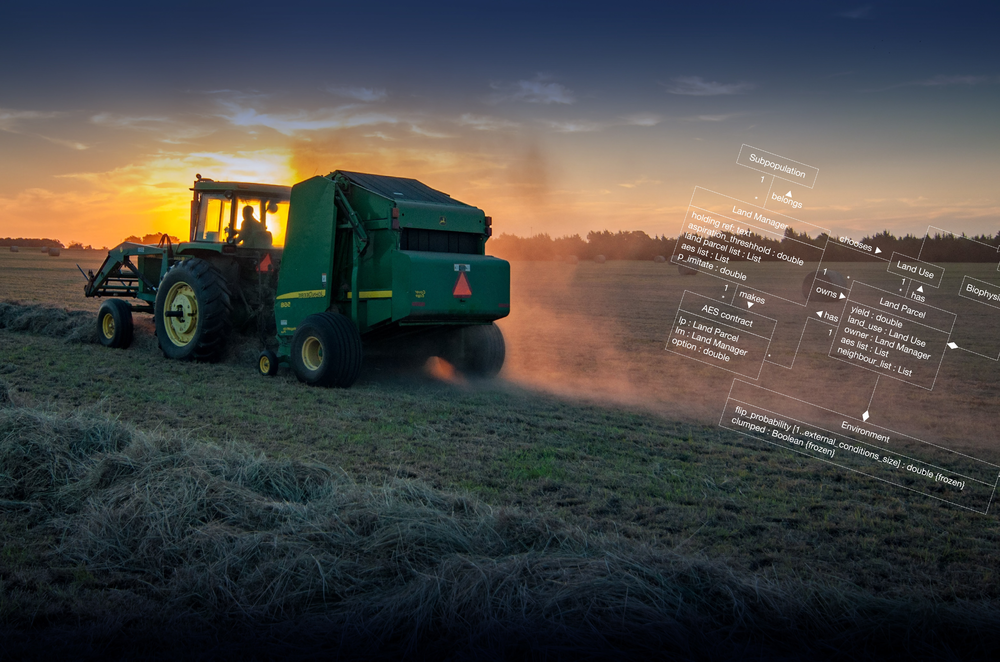Behavioural, Ecological and Socio-economic
Tools for Modelling Agricultural Policy
New modelling framework will transform the design and monitoring of EU rural policies
Nearly half of the EU land is farmland. The livelihood of over ten million farmers and the sustainability of agro-ecosystems, including food, bioenergy, water, carbon storage and biodiversity, are directly affected by EU policy instruments. These policies have, so far, failed to stop environmental degradation. BESTMAP (Behavioural, Ecological and Socio-economic Tools for Modelling Agricultural Policy) aims to develop a new flexible, interoperable and customisable framework that will take account of farmers' needs and effectively monitor policy impacts on natural, social and cultural assets in rural areas.

BESTMAP will develop and analyse the outcomes of a behavioural theoretical modelling framework that takes account of the complexity of farmers' decision-making. Additionally, computer models will help build up an operational framework.
BESTMAP will implement the newly developed framework in five regions across Europe, holding diverse agricultural, socio-economic and political backgrounds:
- Humber Catchment (UK)
- Mulde River Basin (DE)
- South Moravia (CZ)
- Bačka Region (RS)
- Catalonia (ES)
BESTMAP specialists will develop a simple-to-use web-tool, helping policymakers analyze the adoption of various agri-environmental schemes, and scale up the innovative approach in the project to model agricultural policy impacts on a regional and national level.
"BESTMAP will transform the existing system to assess policy impacts and will help to enhance the sustainability of agricultural landscapes," comments project coordinator Guy Ziv from the University of Leeds. "In the long run, our mission is to improve the effectiveness of EU policies and transform European policy design, impact assessment and monitoring."